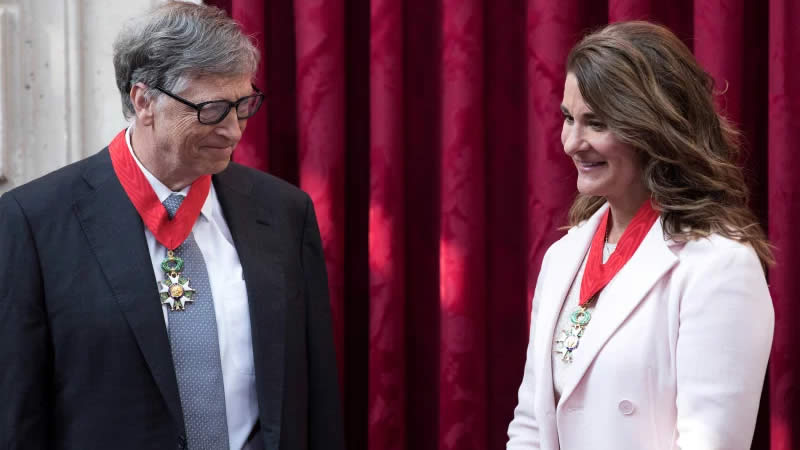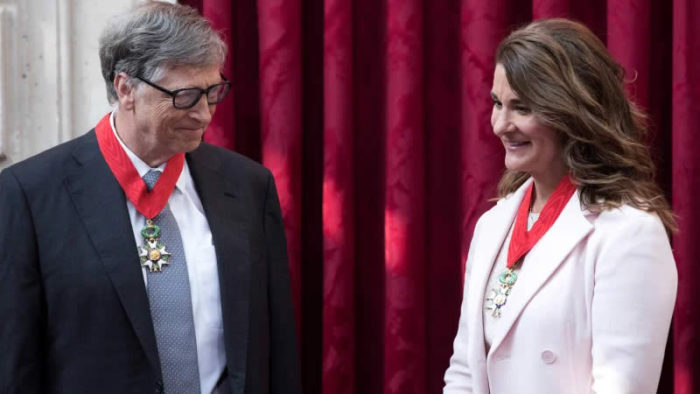Furthermore, the organization also tackled problems like hunger, illiteracy, and lack of healthcare globally over 20 years.
News regarding billionaires Bill and Melinda Gates’ separation has sparked speculation over what will happen to their charitable foundation. As a result, discussion have started over the internet about what it meant for philanthropy, global health, the future of tech and the stock market.
It is very important to mention here that over the past few years, divorce rate has been going down among all types of married couples, with a notable exception: those older than 50. While most people who are going to divorce do so within the first few years of their marriages, another trend under the name “gray divorce” has started among this generation of 50+ folks (Melinda is 57, Bill 65).
“It really has been more and more common,” says Dr. Israel Helfand, who is a Licensed Marriage and Family Therapist and has been a clinical member of the American Association of Marriage and Family Therapy since 1984.
“I mean, not only are people living longer and healthier at their older ages, they’re also seeing more opportunities. And so people have become a little bit more picky about their level of happiness. They don’t want to compromise,” Helfand added.
While nobody except the billionaire couple knows what really happened in their marriage, there are a few themes that therapists see repeating among couples at their life stage.
First of all, it is really hard to separate at this advanced level when both partners work. Having a combined wealth of $130 billion and it appears that there was no prenuptial agreement, it’s unlikely that either of them will ever go wanting.
“Those with no financial pressures actually have fewer constraints on staying together if they hit a patch of time where they are less happy and where dedication wanes,” says Scott Stanley, a research professor and the co-director of the Center for Marital and Family Studies at the University of Denver. “When people have loads of alternatives, including financially, they are going to find it easier to let go when the distance has grown too large.”
Another factor many therapists come across is the so-called “empty nest syndrome.” Bill and Melinda’s children range in age from 18 to 25, and the intensive parenting stage of their partnership is over. Their oldest daughter Jennifer noted on social media saying that the recent period had “been a challenging stretch of time for our whole family”.
“It’s a time when they reassess what the relationship holds for each of them as individuals,” says John Guttmann, who runs a practice with his wife, Julie. “If part of the relationship is eroded, the romance, the passion, the collective adventure, then a lot of couples take that as a time to end the relationship amicably. And my guess is that in a lot of ways, they’ve probably led very parallel lives. They’re so busy, and they’re both very powerful intellects independently.”
“They actually have had the courage as well as the resources to tackle the biggest problems we suffer from in humanity,” says Julie Guttmann.
One of the main reasons couples of this vintage called it quits, say many therapists, is because one of them had an affair.
“I work with a lot of couples who either sex was never really working or sex just got pushed to the back burner and never kind of came back. We crave touch, we crave intimacy and we crave a romantic gleam in our partners’ eyes where we feel safe and held,” says Ian Kerner, author of So Tell Me About the Last Time You Had Sex. While there’s no evidence of straying, he says he “wouldn’t be surprised if one or both of them had new partners relatively quickly.”


